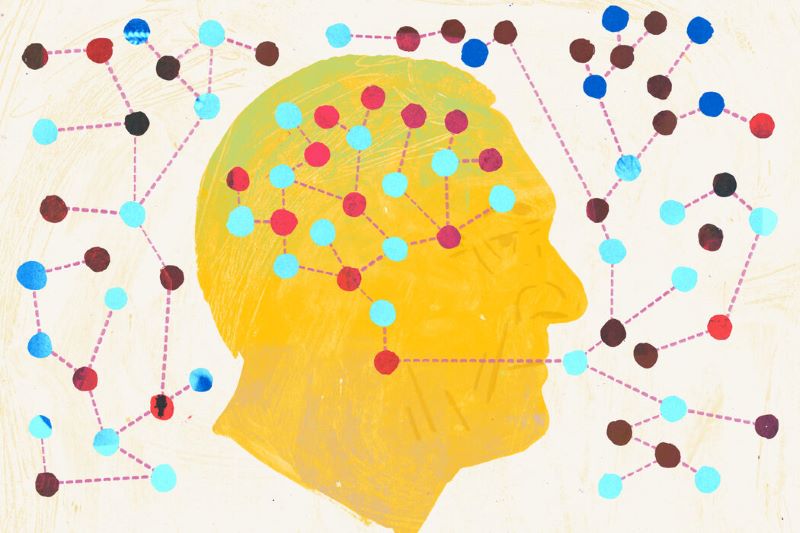Studies have shown that speaking two languages can delay the onset of Alzheimer’s disease by up to five years. Attracted by this potential benefit, many people try to learn a new language as adults. According to a survey conducted by language-learning app Memrise, 57 percent of users said that “promoting brain health” was their motivation for using the program.
But is this really possible? Research on bilingualism and dementia has been conducted among people who have been multilingual in their daily lives and social events since at least early adulthood. It’s debatable whether learning another language at random after that point would bring the same cognitive advantages.
How using bilingualism can benefit the aging brain
Many activities have been linked to improved brain health in older adults, such as more education at a young age, physical activity, and hobbies that stimulate cognitive abilities. Experts say that speaking multiple languages regularly may be particularly beneficial.
“We use language in every aspect of our daily lives, so the bilingual brain is always working,” says Mark Antonio, an associate professor specializing in bilingualism at the University of Western Sydney in Australia. “It’s something you can’t do with other mind-enriching experiences, like playing a musical instrument.”
The age at which another language is learned seems to be less important than how often it is used, says Caitlin Weir, a research engineer studying bilingualism and brain health at the Hospital de la Broca in Paris. “The benefit it brings to cognition is that you have to inhibit your native language,” she says. If you try to recall the correct word in another language, your brain is forced to do so. “So if you use a second language regularly, you get that cognitive training.”

This process is known as cognitive inhibition and is associated with better executive function. Theoretically, by improving these types of processes, the brain becomes more resilient to damage caused by diseases like dementia – a concept known as cognitive reserve. This means that the more mentally capable you are, the longer you can function normally, even if your brain’s health begins to decline.
In a landmark 2007 paper, researchers in Toronto found that among people with dementia, those who were bilingual developed symptoms an average of four years later than those who were non-bilingual. Several studies published since then have reported similar findings, although some others have not found such differences.
Learning in later life
For people in their 60s, the evidence of benefit from learning a second language is weaker.
A study by Antonio and colleagues found that Chinese adults aged 60 and older improved their cognitive test scores after a six-month language-learning program, but those who played Sudoku and crossword puzzles did the same. Another small study found no change in cognitive scores among older Italian adults who took four months of English classes, but scores declined among those who didn’t. 2023 Two newer studies on this topic, published in 2023, found little difference in cognitive performance after participating in a language-learning program.
The scientists who conducted these studies offer a number of possible explanations for this disappointing result. One is that the participants were very motivated volunteers who were probably already performing at the highest level of their peers, making it difficult to see any improvement.
“When recruiting participants, we have to be careful, are they really representative of this population?” Weir, who participated in one of the experiments, said. “Is their cognitive level a little too high?”
Another reason is that language interventions may be too short. Judith Grossman, who researched this topic during her doctoral studies at the University of Heidelberg in Germany, says that several studies on the subject have used language programs that “vary widely in length and frequency.” Some studies trained participants for eight months, some for only one week.
For Antonio, these limited findings are not entirely surprising. No one, he says, would think that learning a new language for six months “is the same as using two languages all your life.” But he does think that language programs can improve cognitive skills by stimulating the intellect.
Perhaps more importantly, Grossman says, there are other potential advantages to learning another language, such as traveling or making connections with new communities.












